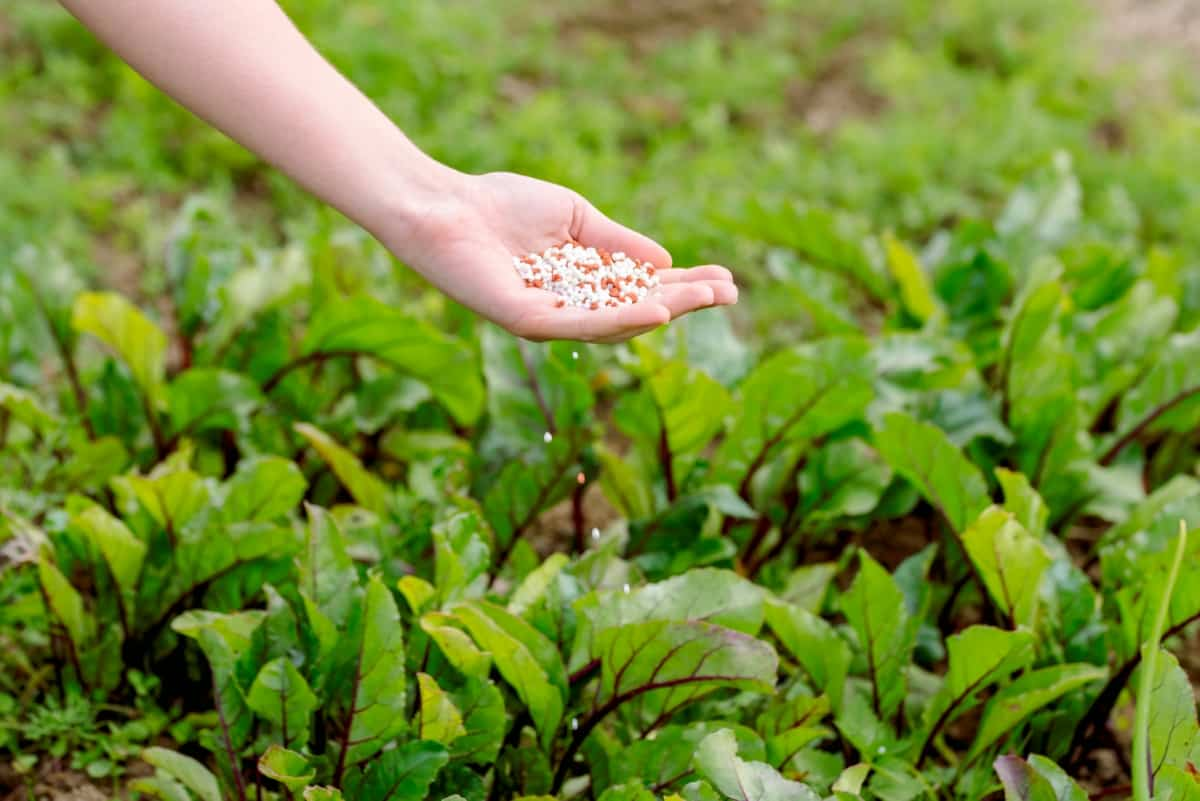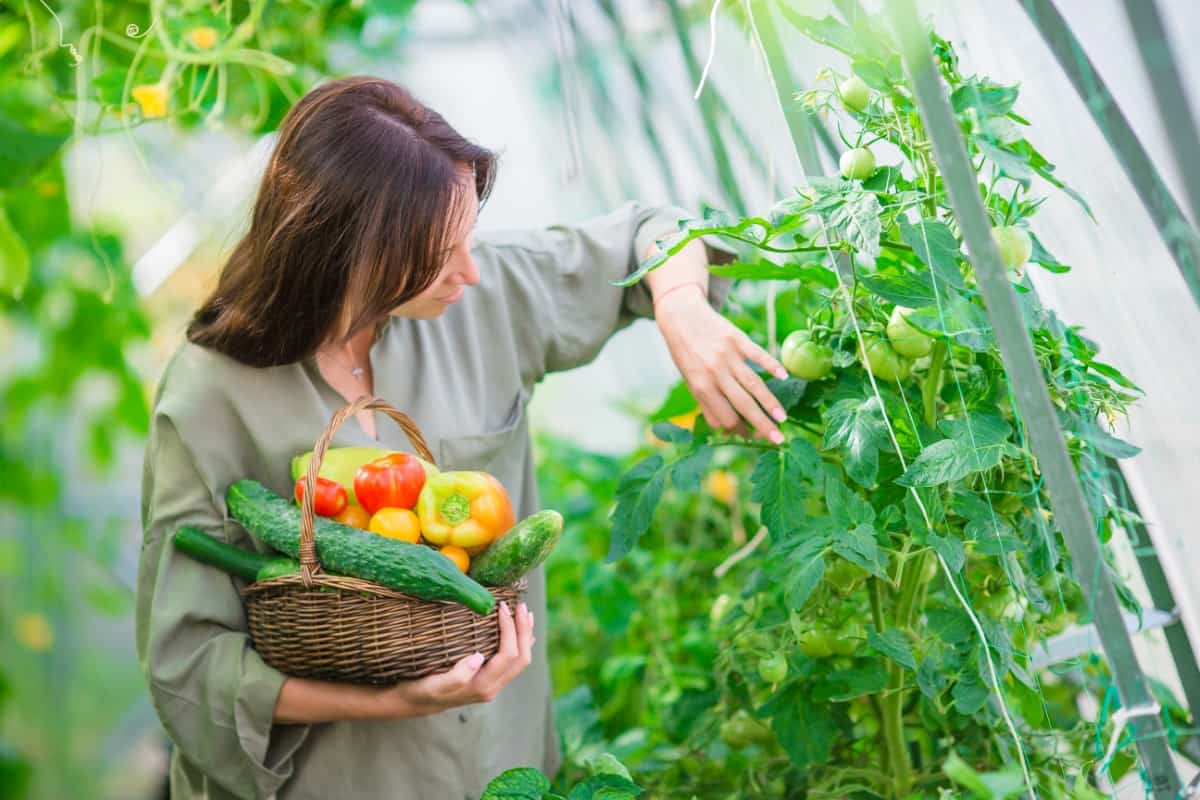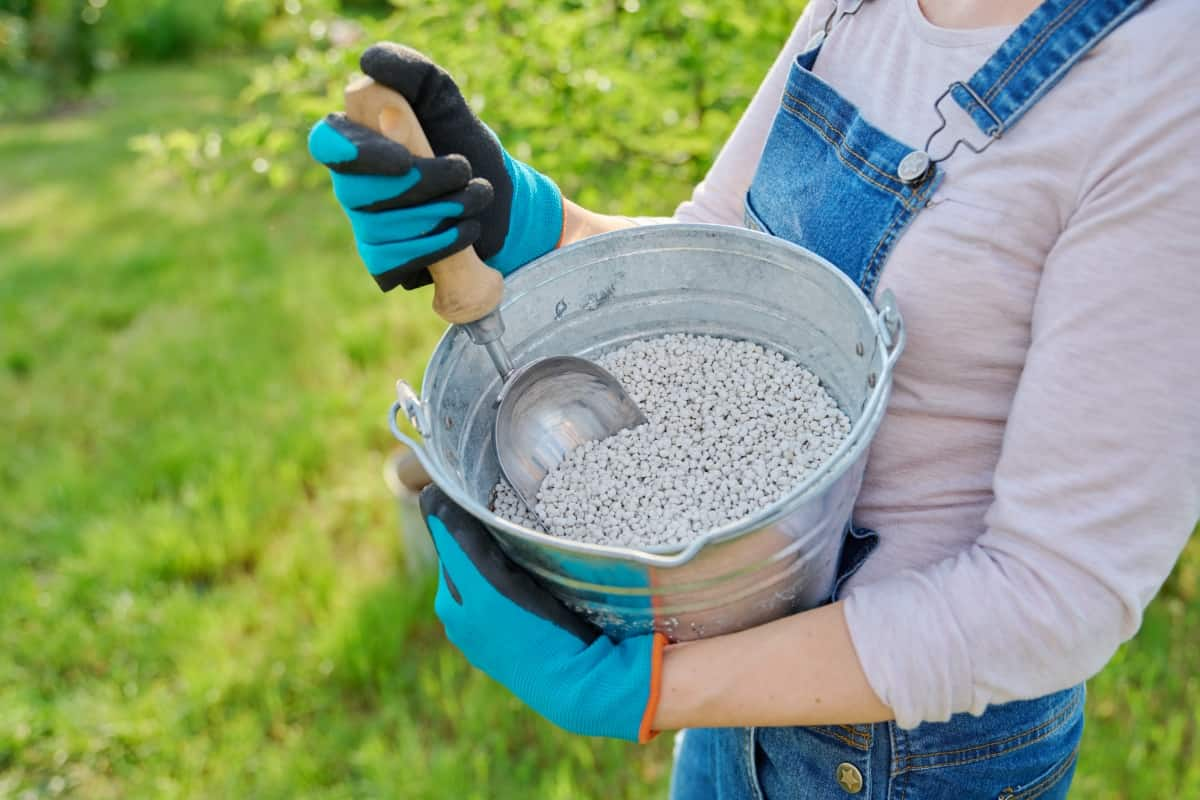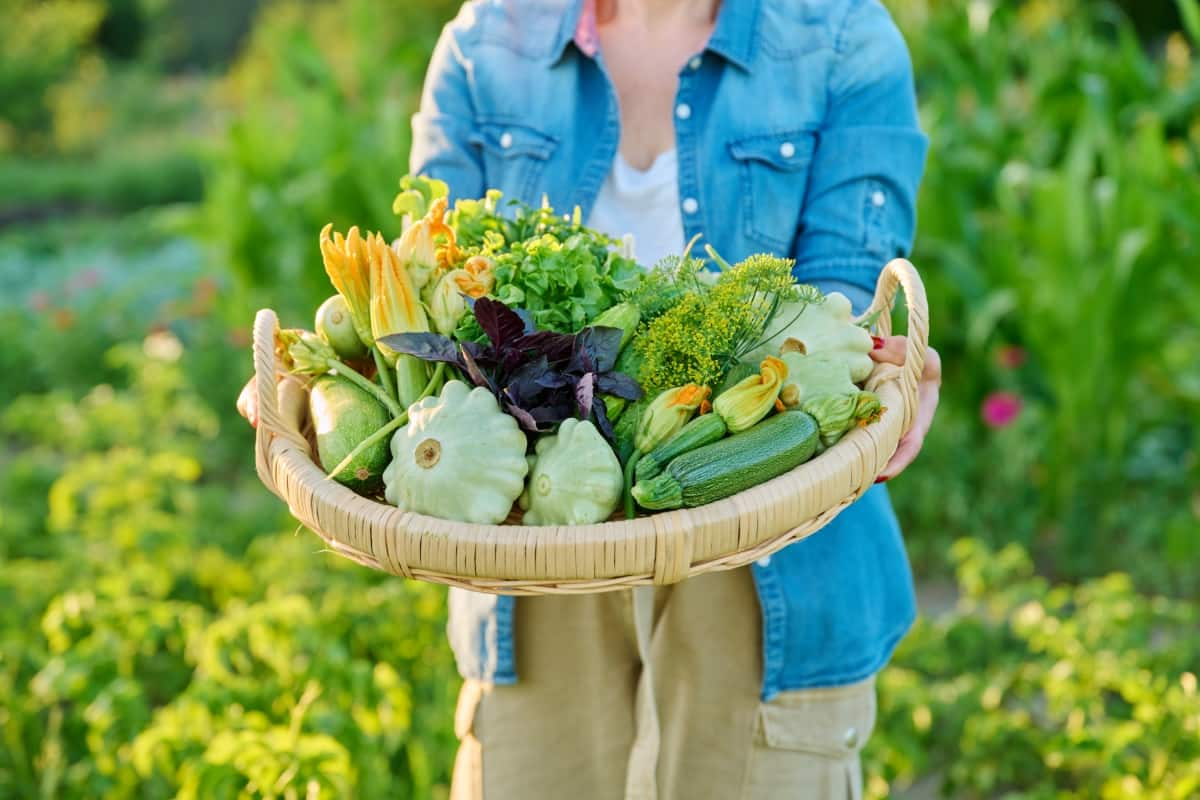The optimal N-P-K ratios are essential for vegetable crops, determining the right balance of nitrogen, phosphorus, and potassium crucial for maximizing growth and yield. This balance, known as the vegetable garden N-P-K balance, is pivotal in vegetable plant nutrition, affecting everything from root development to flowering. Understanding and managing N-P-K for vegetable production is essential for gardeners looking to enhance their vegetable growth with N-P-K, aiming for the best N-P-K ratio for vegetable gardens that aligns with the specific N-P-K requirements.
How N-P-K Ratios Influence Vegetable Growth
The impact of N-P-K ratios on vegetable growth is profound, with each element serving a unique function in plant health. Optimal N-P-K ratios for vegetables ensure that plants can access the necessary nutrients at the right growth cycle stages. N-P-K fertilizer for vegetable plants should be selected based on N-P-K ratio recommendations for vegetables, tailored to meet the vegetable crop N-P-K optimization needs. Balanced N-P-K for vegetable yields results in healthier plants and more abundant harvests, highlighting the importance of N-P-K balance in vegetable cultivation.

NPK Ratios for Vegetable Gardening
Tailoring N-P-K Ratios to Vegetable Needs
Assessing Nutrient Requirements for Different Vegetable Types
Different vegetable types have varied nutrient needs, necessitating a careful assessment to determine the appropriate N-P-K levels for vegetable cultivation. This assessment involves understanding the specific vegetable garden nutrient ratios that support the growth and development of different types of vegetables, from leafy greens to root vegetables.
Adjusting Ratios Based on Growth Stage and Soil Conditions
Adjusting N-P-K ratios based on vegetable plants’ growth stage and soil conditions is key to achieving N-P-K guidelines for vegetable cultivation success. Early stages might require higher nitrogen for leafy growth, while flowering and fruiting stages could benefit more from phosphorus and potassium. Soil analyses provide insights into nutrient levels, assisting gardeners in customizing N-P-K ratios for sustainable vegetable cultivation, thereby optimizing soil and plant health for maximal growth and yield.
The Role of Nitrogen (N) in Vegetable Growth
Nitrogen’s Impact on Leafy Growth and Green Coloration
Nitrogen is fundamental in promoting vigorous leafy growth and the rich green coloration of vegetable plants, making it a critical component of N-P-K ratios for organic vegetable farming. Optimal nitrogen levels for different vegetables should be meticulously controlled to prevent overabundance, which may prioritize vigorous foliage growth over fruit or root formation. Understanding the role of nitrogen in vegetable growth allows gardeners to make informed decisions about fertilization, ensuring healthy, balanced growth.
Recommended Nitrogen Levels for Various Vegetables
Determining the recommended nitrogen levels for various vegetables is essential for tailoring fertilization practices to the specific needs of each crop. Leafy vegetables, for example, may require higher nitrogen levels to support their rapid growth and green leaf production, while root crops may need less. These levels should be adjusted according to soil tests and observed plant performance, ensuring each vegetable receives the right amount of nitrogen for its growth stage and type.
Importance of Phosphorus (P) for Root Development
Phosphorus’s Contribution to Strong Roots and Flowering
Phosphorus plays a vital role in developing strong root systems and is essential for vegetable plants’ flowering and fruiting stages. Its contribution to root development and energy transfer within the plant makes it a key element in the N-P-K ratios for vegetable crops, especially in the early stages of plant growth. Ensuring adequate phosphorus levels can lead to more robust vegetable plants supporting healthy yields.
Identifying Phosphorus Deficiency Symptoms in Vegetables
Symptoms include stunted growth, dark green or purplish foliage, and a lack of flowering or fruit set. By identifying these signs early, gardeners can adjust their fertilization strategies to increase phosphorus levels, supporting the plant’s recovery and continued growth.
In case you missed it: Fertilizing Potted Watermelon Vines: Organic, Natural, Homemade, NPK, and Schedule

Potassium (K): Enhancing Plant Health and Disease Resistance
Potassium’s Role in Disease Prevention and Water Regulation
Potassium is essential for overall plant health, significantly influencing disease prevention and water regulation within vegetable plants. It helps strengthen plant tissues, making them more resistant to disease and regulating stomata’s opening and closing, which controls water loss and uptake. Ensuring recommended potassium levels for healthy vegetable growth is a key aspect of N-P-K management, contributing to the resilience and productivity of the garden.
Recommended Potassium Levels for Healthy Vegetable Growth
Maintaining the recommended potassium levels for healthy vegetable growth is vital for optimizing plant health and yield. Potassium supports various physiological processes, including photosynthesis, enzyme activation, and protein synthesis, making it a crucial nutrient for all stages of plant development. Gardeners should monitor soil potassium levels and adjust their fertilization practices accordingly to meet the needs of their vegetable crops.
Finding the Optimal N-P-K Balance
Understanding Ideal Ratios for Overall Plant Health
Finding the optimal N-P-K balance involves understanding the ideal ratios that support overall plant health and productivity. This balance varies among different vegetable types and growth stages but generally aims to provide a comprehensive nutrient supply that meets all the plant’s needs. Gardeners should strive for N-P-K ratio recommendations for vegetables that reflect the specific requirements of their crops, considering factors such as plant type, soil conditions, and environmental factors.
Balancing N-P-K in Organic and Synthetic Fertilizers
Balancing N-P-K in organic and synthetic fertilizers is crucial for sustainable and effective vegetable gardening. Organic fertilizers offer a slow-release form of nutrients, enhancing soil health and microbial activity, while synthetic fertilizers provide immediate nutrient availability. Gardeners should consider the benefits and limitations of each type, possibly using a combination of both to achieve the desired N-P-K ratios for their vegetable gardens.
Adjusting N-P-K Ratios Throughout the Growing Season
Spring Preparations: Fertilization for Strong Starts
Spring preparations in vegetable gardening involve adjusting N-P-K ratios to provide a strong plant start. This often means applying a balanced fertilizer that promotes robust root development and early growth, setting the stage for a successful growing season. Gardeners should assess soil nutrient levels and plant requirements to determine the best N-P-K formulation for their spring fertilization efforts.
Summer Maintenance: Sustaining Growth and Development
Summer maintenance in vegetable gardening requires sustaining plant growth and development through careful N-P-K management. This may involve side-dressing plants with nitrogen-rich fertilizers to support continued leafy growth or boosting phosphorus and potassium to encourage flowering and fruiting. Monitoring plant health and soil conditions will guide the necessary adjustments to N-P-K ratios during this critical growth period.
Fall Strategies: Nourishing Plants for Successful Harvests
Fall strategies for vegetable gardening focus on nourishing plants to ensure successful harvests and prepare them for the end of the growing season. During this time, adjusting N-P-K ratios to support maturing crops and build up reserves for perennial vegetables is key to this. A balanced fertilizer can help plants complete their growth cycles and strengthen them against the coming winter, ensuring their vitality for the next growing season.
In case you missed it: Fertilizing Potted Raspberries: Organic, Natural, Homemade, NPK, and Schedule

Organic vs. Synthetic Fertilizers: Pros and Cons
Benefits of Organic Fertilizers for Long-Term Soil Health
Organic fertilizers contribute significantly to long-term soil health by enhancing soil structure, increasing microbial activity, and slowly releasing nutrients, ensuring that vegetable gardens remain fertile and productive. These fertilizers, derived from plant, animal, and mineral sources, provide essential N-P-K nutrients, improve water retention, and support the sustainable farming ethos by reducing chemical inputs into the environment.
Considerations When Using Synthetic Fertilizers for Immediate Impact
While synthetic fertilizers offer the advantage of providing an immediate impact with readily available nutrients for quick plant uptake, they require careful consideration to avoid potential downsides such as nutrient leaching, soil structure degradation, and the potential for over-fertilization. Gardeners using synthetic fertilizers must be vigilant about application rates and timing to maximize benefits without harming the soil ecosystem or plant health.
Monitoring and Adjusting N-P-K Levels
Techniques for Monitoring Soil Nutrient Levels
Effective techniques for monitoring soil nutrient levels include regular soil testing through professional labs or at-home testing kits, which provide valuable insights into the soil’s N-P-K content and pH level.
Strategies for Correcting Imbalances and Deficiencies
Correcting imbalances and deficiencies in soil nutrient levels involves applying targeted fertilizers to address specific needs, whether increasing nitrogen for leafy growth, phosphorus for root development, or potassium for overall plant health. Organic amendments like compost, bone meal, or green manure can enrich the soil naturally. At the same time, synthetic fertilizers can be used for more immediate corrections, always considering the optimal N-P-K ratios for vegetable gardening.
In case you missed it: Fertilizing Potted Jackfruit Trees: Organic, Natural, Homemade, NPK, and Schedule

Conclusion
Understanding and managing N-P-K ratios is fundamental to successful vegetable gardening, requiring a balance between organic and synthetic fertilization practices to support plant health and soil vitality. Regular monitoring and adjusting of soil nutrient levels ensure that vegetables receive the right nutrition at the right time, leading to bountiful harvests and a sustainable gardening practice that nurtures crops and their environment.
- Feed Your Flock for Less: Top 10 Tips to Save on Chicken Feed
- Ultimate Guide to Ossabaw Island Hog: Breeding, Raising, Diet, and Care
- Hatching Answers: The Top 10 Reasons Your Chickens Aren’t Laying Eggs
- Eggs and Economics: Breaking Down the Cost of Raising Backyard Chickens
- Defend Your Greens: Proven Methods to Keep Iguanas Out of Your Garden
- Ultimate Guide to Cinnamon Queen Chicken: A Comprehensive Guide for Beginners
- Ultimate Guide to California Tan Chicken: Breeding, Raising, Diet, Egg-Production and Care
- Ultimate Guide to Marsh Daisy Chicken: Breeding, Raising, Diet, and Care
- 10 Types of Chicken Farming Businesses You Can Start for Profits